On Thursday, February 23rd, The University of Connecticut awarded the Graduate Certificate in Culture, Health, and Human Development to eight students (see below), from three different departments. The certificates were presented by Jeffrey Shoulson, Senior Vice Provost for Academic Affairs, after each student offered a brief summary of their capstone project. The certificates represent a culmination of interdisciplinary study as well as completion of an empirical investigation. Six of the eight students attended the event, with two attending virtually.
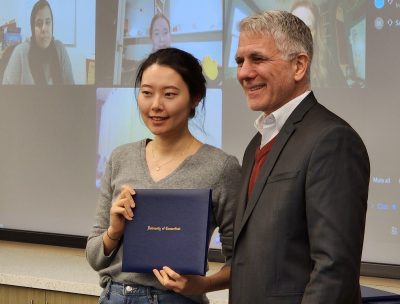
Minjung Choi
Department: Human Development and Family Sciences
CHHD Project: Parental influence on female adolescents’ vocational maturity in Korea
Minjung is presenting a poster about her project at the Society for Research on Adolescence (SRA) Conference in April 2023
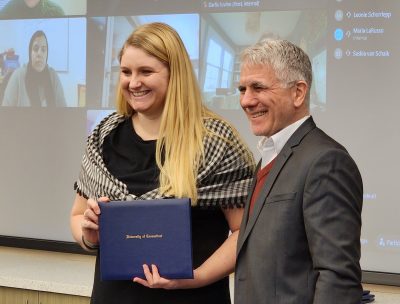
Emily Jackson
Department: Speech, Language, and Hearing Sciences
CHHD Project: Early Intervention Providers' Experiences Working with Diverse Families
Emily presented a poster about her project at the Joint Conference from the Division for Early Childhood and the International Society on Early Intervention in September 2022.
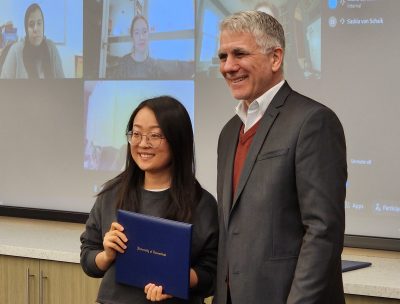
Yanzhen Kuang
Department: Human Development and Family Sciences
CHHD Project: Chinese Mothers and the Double-Reduction Policy (“Shuangjian”): Reactions and Perceived Implications for Children's Development
Yanzhen presented a poster about her project at the Society for Research in Child Development (SRCD) Conference in March 2023.
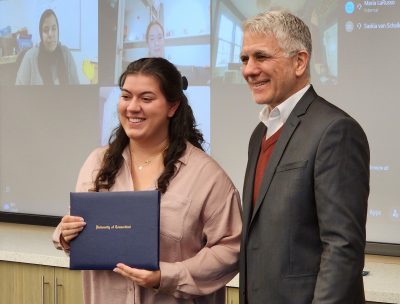
Alexandria Tomkunas
Department: Human Development and Family Sciences
CHHD Project: Resilience and Burnout: Mixed Outcomes Resulting from COVID-19 in Schools
Alexandria is presenting a poster about her project at the American Educational Research Association Conference in April 2023
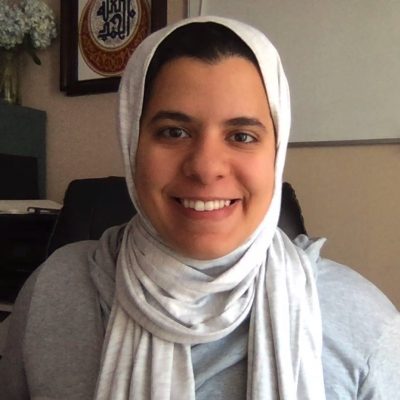
Huda Akef
Department: Human Development and Family Sciences
CHHD Project: Parental Ethnotheories of Children’s Moral Development and the Role of Religion: Egyptian Parents’ Approaches to Moral “Tarbiya” (Upbringing)
Huda presented a poster about her project at the International Society for the Study of Behavioural Development (ISSBD) Biennial Conference in June 2022.
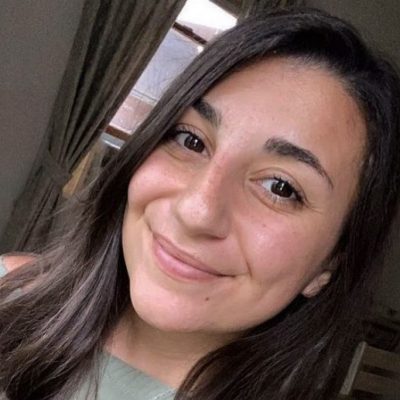
Alyssa Bunyea
Department: Educational Psychology
CHHD Project: Successfully Supporting Students’ Transition into the Community
Alyssa presented a poster about her project at the National Association of School Psychologists (NASP) Conference in February 2023.
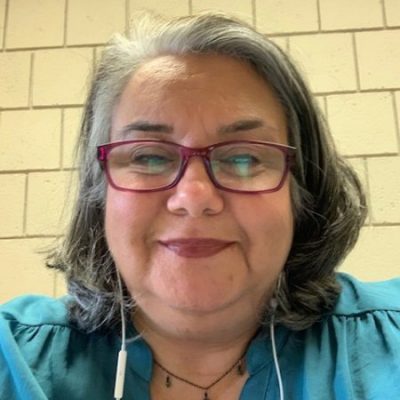
Hilal Kuscul
Department: Human Development and Family Sciences
CHHD Project: Fatherhood and Masculinity: Is there an association?
Hilal presented a poster about her project at the National Council for Family Relations conference in November 2019. Her poster also received the Best Conference Presentation Award in the HDFS department.

Yuan Zhang
Department: Human Development and Family Sciences
CHHD Project: Chinese Parents’ Perception of Children’s Shyness
Yuan presented as poster about her project at the 32th APS Annual Convention, Association of Psychological Science in May 2020.